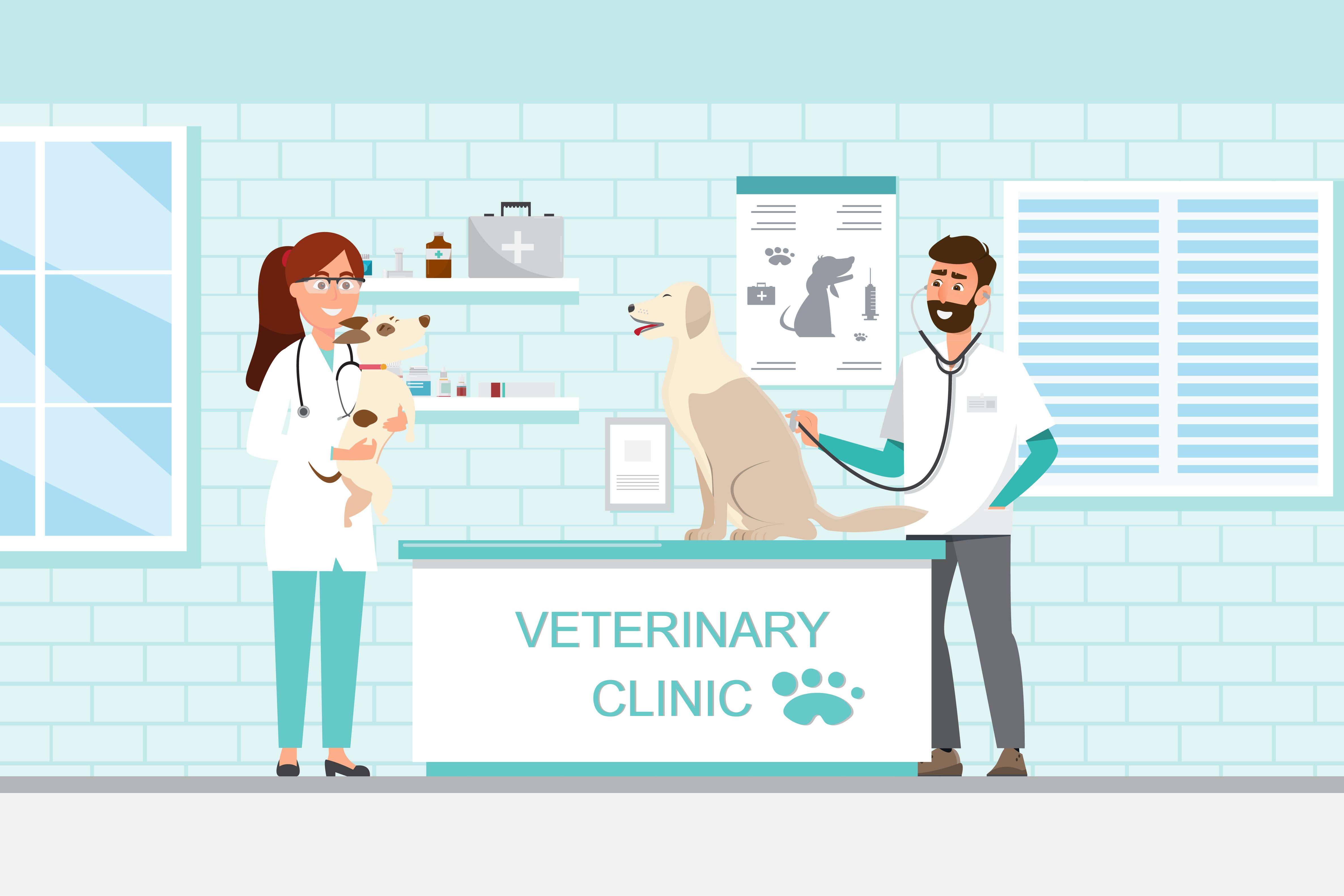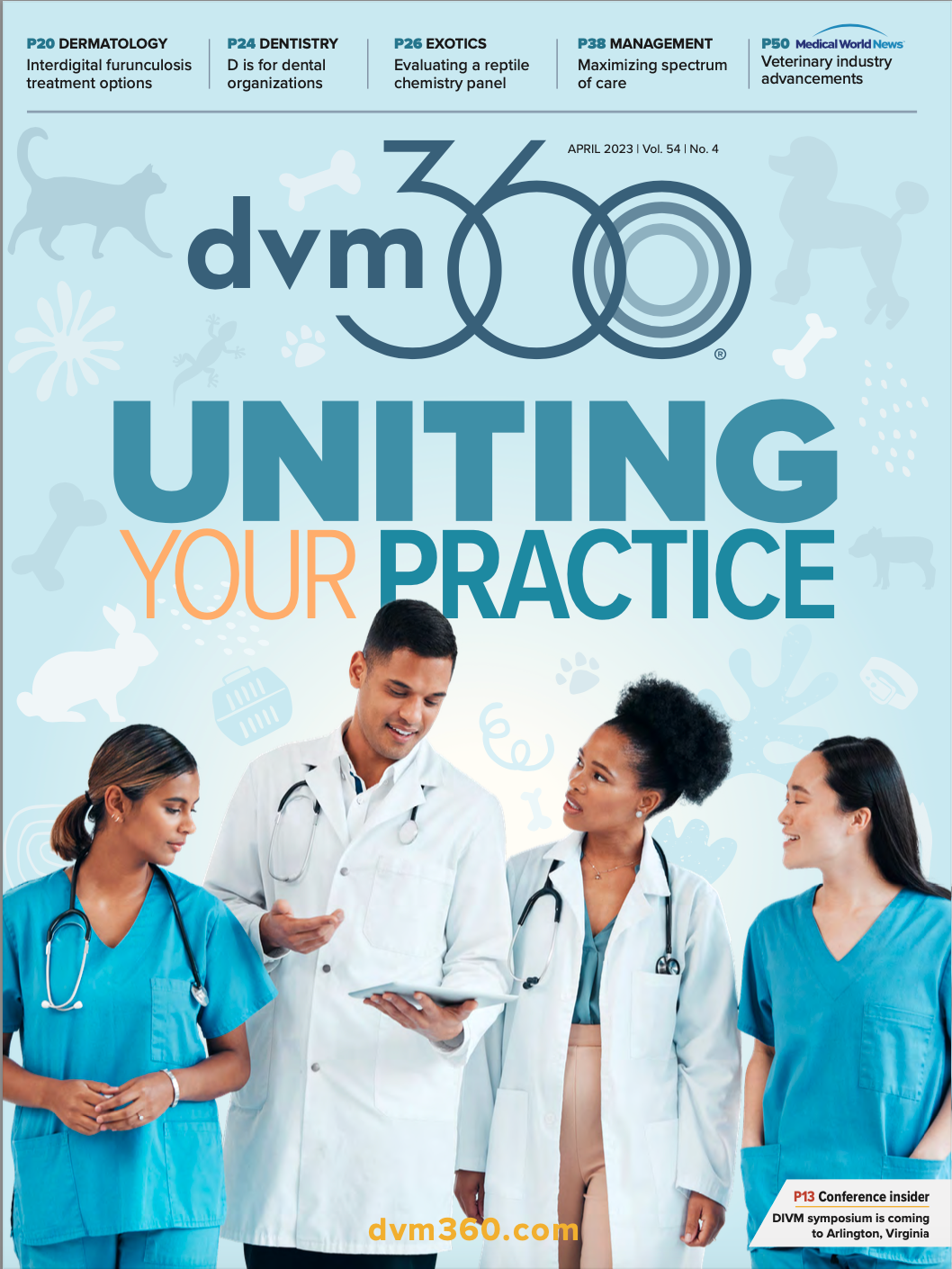The veterinary practice operating system
How to empower your team and achieve balance
idambeer / stock.adobe.com

Veterinary practices today are struggling with a rapidly changing environment. We hung in there through more than 2 years of COVID-19 and curbside practice, only to then be hit with increased demand, rising labor costs, and other challenges. However, some practices are not only surviving but thriving. What makes them different? Is it a charismatic business leader, exceptionally talented staff, local demographics, or simply good luck? There are so many potential answers, but I believe one thing underlies them all.
The main issue
I’m a 30-year practice owner, and I’ve met hundreds of other practice owners through speaking events and industry partnerships. I believe I’ve found the foundational issue for practice success, profitability, turnover, and work-life satisfaction. It’s so simple you’ll want to say, “Oh, I knew that.”
Like many other vital points in life, this is simple but not easy: Strong practices are running on an operating system. Struggling practices do not have an operating system.
The veterinary practice operating system
What is a veterinary practice operating system (VPOS)? It is a system for building an effective leadership team and a healthy organization that can reach its maximum potential in patient care, client service, and business performance. It is a foundation that sets up the practice for success, based on principles proven to work in many practices over the years. The VPOS empowers every team member to reach their own potential, letting the practice owner delegate day-to-day operations and focus on the future, while maintaining optimal business performance.
Why do you need a VPOS?
If you own a practice, you might have chosen this for the freedom to practice the way you choose. Unfortunately, most practice owners really are not free; it seems like the practice owns them. They can never step away from the organization, whether to take a vacation or just to work on their business plan, without interruptions. If you want absolute freedom as a business owner, you need to create a system that lets others run the business the way you would, even when you’re not there.
What should your VPOS include?
Here are the elements that are most important:
- Your “why”: Zero in on your purpose and why you are in the profession.
- Mission and values: Clarify and document these; they are essential to hiring, training, and client service.
- Culture: Your practice culture is vital to success, but if you don’t define it, someone else will. Document what is most important in your culture.
- Meeting framework: Have a consistent structure of meetings, including a leadership meeting, departmental meetings (front desk, kennel, technicians, etc), and all-team meetings. Meet regularly at the same time, with a set agenda. You’ll identify and resolve operational challenges, improving performance and employee satisfaction.
- Metrics: Monitor specific numbers in the practice, such as revenue, labor cost, number of patients served, and so on. Know the benchmarks for a practice of your size and check yourself against them regularly.
- Operational tools: Create clear documentation of your organization that includes the following:
- An up-to-date organizational chart
- Documented workflows for all major activities
- Policies, procedures, and training documentation so every team member knows how to do their job the way you would do it
- Boundaries and emotional intelligence: By building a strong culture, you’ll help your team members have healthier boundaries. They will know when to say no because they have clear policies guiding them. You’ll also attract more emotionally intelligent, mature, and professional employees, preparing you to expand.
Run your practice like you might have to sell it
A mentor of mine used to say you should always run your practice as if you might have to sell it in 6 months. Even if you don’t plan to sell, you should still run your business with discipline, and set it up to operate well when you’re not in the building. If you do sell, this will increase your value. If you don’t sell, you’ll have more freedom and income. Either way, you win.
To do this, you need a business that runs on systems, not on the genius of the founder. Implementing a VPOS increases the value of your practice, while increasing the quality of life for you, your staff, your clients, and your patients.
Michele Drake, DVM, CVA, is owner of The Drake Center for Veterinary Care in Encinitas, California, a 10-doctor, 55-employee hospital. She has served on committees and advisory boards for the University of California, American Animal Hospital Association, Novartis, and more. Drake completed her DVM at the University of Missouri and founded The Drake Center in 1992. She also serves as the chief veterinary officer for GeniusVets. Drake can be reached via email at michele@geniusvets.com.
